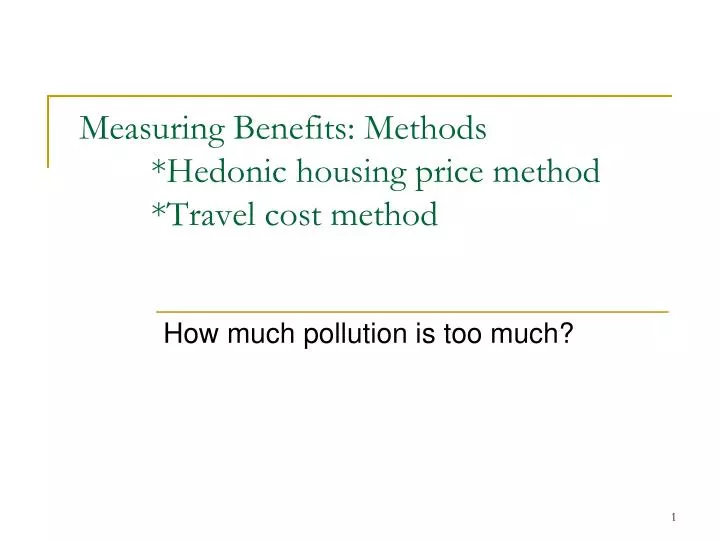
In examining well-being, it distinguishes between hedonic well-being ( Kahneman et al., 1999) and eudaimonic well-being (EWB Ryan and Deci, 2001 Ryff and Singer, 2008 Waterman et al., 2010). Positive psychology ( Seligman and Csikszentmihalyi, 2000 Seligman, 2002 Vázquez et al., 2006 Delle Fave, 2014) involves resource promotion and the study of well-being, happiness, and mental health. The preventive perspective is more effective when efforts to reduce risks are combined with efforts to increase resources ( Hage et al., 2007 Kenny and Hage, 2009) aimed at building individual strengths ( Steinmayr et al., 2011 Di Fabio and Kenny, 2012a, b, 2015 Di Fabio et al., 2012, in press Di Fabio, 2014b Di Fabio and Saklofske, 2014 Schwinger et al., 2014 Christiansen et al., 2015). Preventive programs focus on reducing risk factors and increasing protective factors that can decrease the probability of negative outcomes ( Hage et al., 2007 Kenny and Hage, 2009). These results underline the value of resilience in both hedonic and EWB, thus offering new perspectives for research and intervention.Īmerican Psychological Association (APA) guidelines ( Hage et al., 2007) indicate the importance of a preventive perspective in psychological health and well-being. The results showed that resilience added a significant percentage of incremental variance with respect to fluid intelligence and personality traits in relation to life satisfaction, positive affect, life meaning, and authenticity. The Advanced Progressive Matrices, the Big Five Questionnaire, the Connor-Davidson Resilience Scale, the Satisfaction With Life Scale, the Positive and Negative Affect Schedule, the Meaningful Life Measure, the Authenticity Scale were administered to the participants in the study. The present study set out to analyze the role of fluid intelligence, personality traits, and resilience in hedonic and eudaimonic well-being (EWB) in order to determine the incremental validity of resilience with respect to fluid intelligence and personality traits in 168 Italian high school students.

Resilience is a key factor in the well-being of individuals. Department of Education and Psychology (Psychology Section), University of Florence, Florence, Italy.Annamaria Di Fabio * and Letizia Palazzeschi


 0 kommentar(er)
0 kommentar(er)
